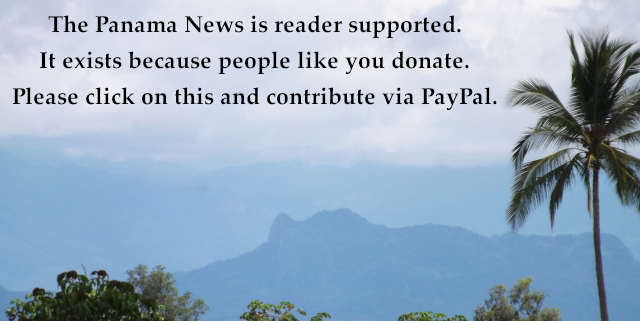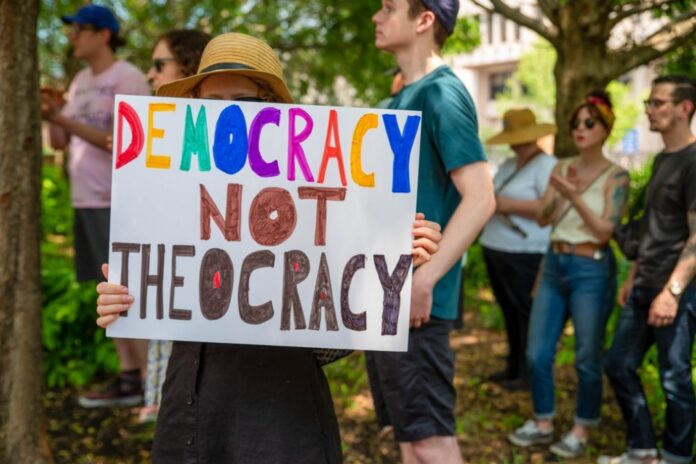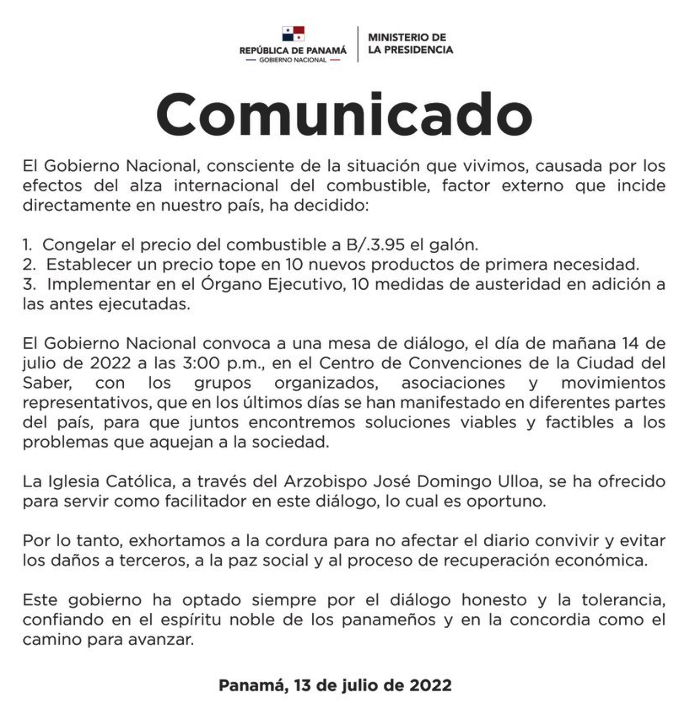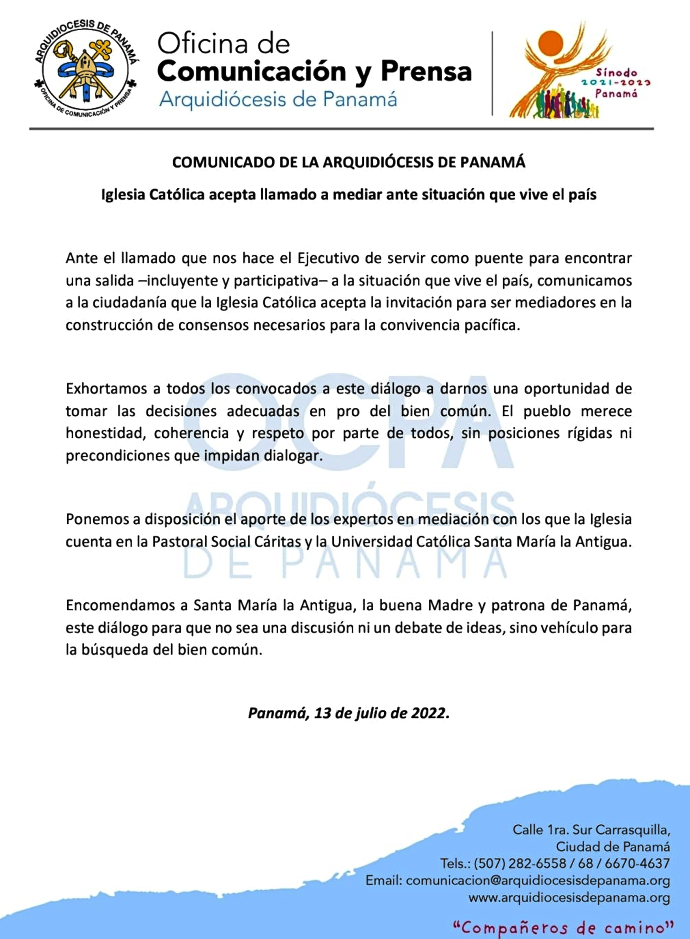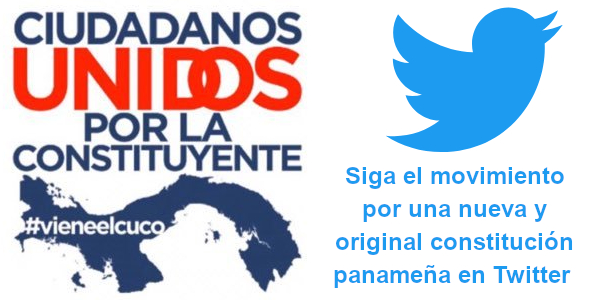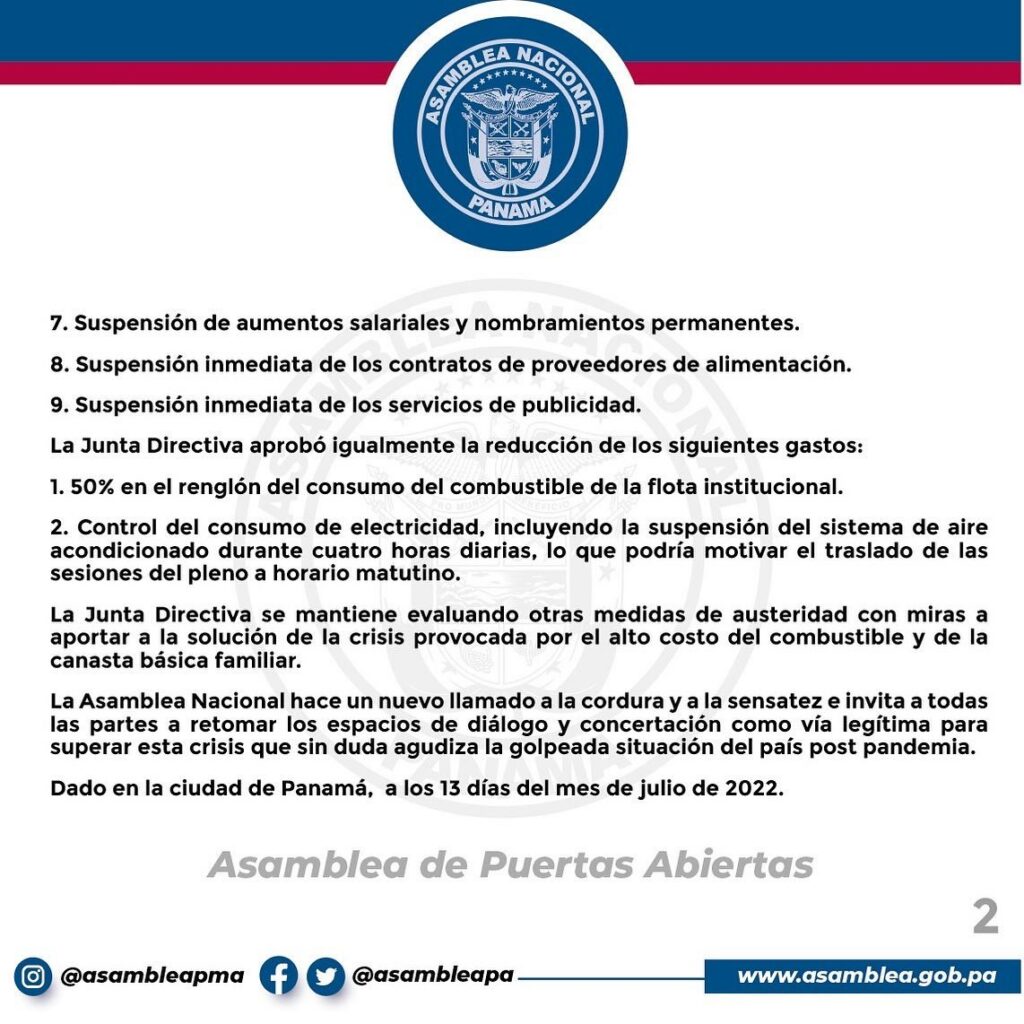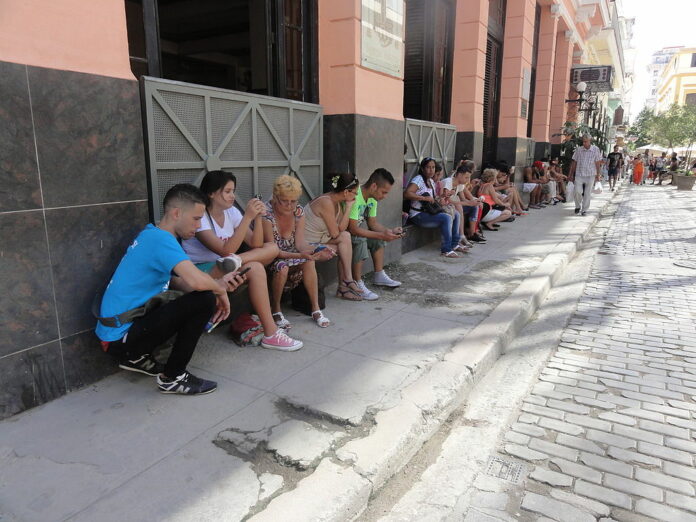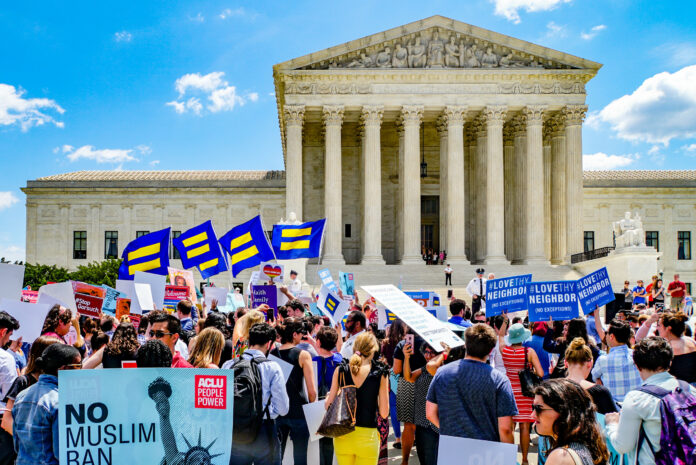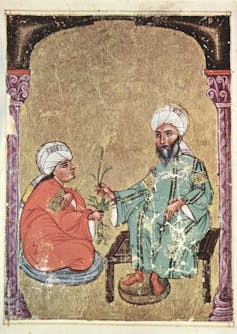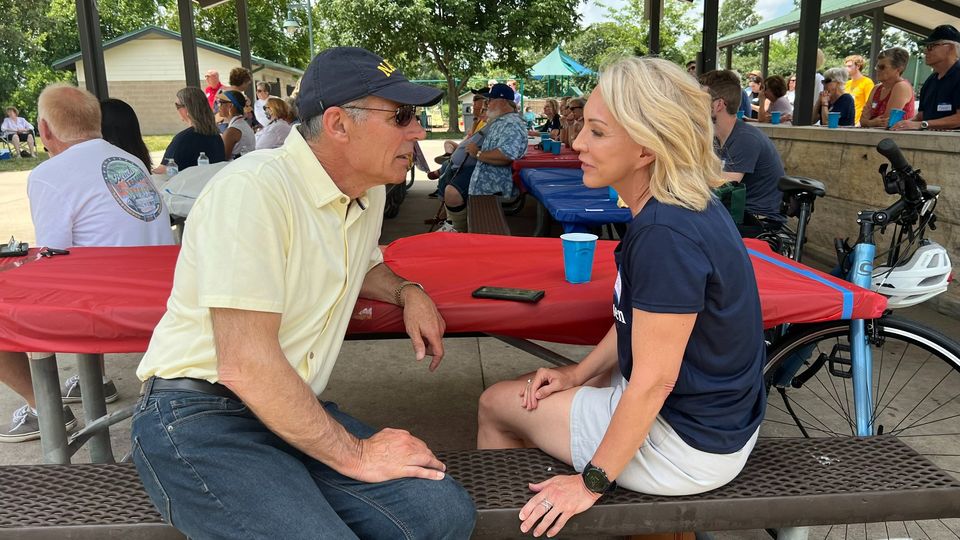Users of a WiFi Internet HotSpot in Havana, Cuba. Photo by Othmar Kyas, in 2015.
A year ago and today: Biden should provide satellite Internet for silenced Cubans
On July 11, 2021, Cuba witnessed what was the most significant wave of protests in decades. I am forwarding you the email that I sent on July 19, 2021, to the socialists in the US Congress. Your opinion is very important to me. Thank you so much you for reading.
Rather than give up the effort to see the country free and prosperous, first the South Sea will unite with the North Sea, and a serpent will be born from an eagle’s egg.
José Martí
The 2021 Trafficking in Persons (TIP) report, pursuant to the 2000 Trafficking in Persons Victim Act (TPVA), covers government efforts on trafficking undertaken in the reporting period April 1, 2020 to March 31, 2021. Published on July 1st by the Department of State, the report keeps Cuba in Tier 3 for the second year in a row, along with 16 other countries that do not meet the minimum standards for the elimination of trafficking and are not making significant efforts to do so.
With this latest report, the United States government has raised the overall tone on the labor exploitation associated with Cuba’s international medical missions. Since March, Cuba has sent roughly 1,500 medical professionals across the world to help fight the Covid-19 pandemic, joining approximately 30,000 Cuban health workers already deployed abroad. However, Cuba healthcare system in peril as cases rise — Cuba has the highest rate of contagion per capita in Latin America. Why?
I invite you to see the reality of Cuban health care. The communist regime wants the world to believe that Cuban hardship in healthcare is caused by the United States embargo. But food and medicine are exempt from the embargo.
Since March 2020, the Cuban government has sent several contingents of medical personnel to support local healthcare systems in over 20 countries, including several in Latin America.
With a constitutional ban on independent private media, Cuba is unique in West. The strict control of information by the Cuban regime has been present for over six decades. All local media are state-owned and no foreign newspapers are sold on Cuba. As Professor Lillian Guerra has said, news mattered because “discourse shaped events and conditioned outcomes by shaping people’s perceptions of what was possible.”
The Cuba’s censorship agency is the Revolutionary Orientation Department (DOR). The Ministry of Informatics and Communications (Ministerio de Informática y Comunicaciones) was formed in 2000 to ensure the Castro’s ideology preached by the DOR is implemented on the Internet. In 2011, dictator Raúl Castro introduced market-style reforms to reinvent “socialism,” which is an euphemism used by Fidel Castro to name his dictatorship.
Internet access in Cuba is something relatively new and is still inaccessible to most citizens. Access to mobile Internet was introduced in December 2018, when some gained the ability to consume and share independent news in a country where all traditional media are run by the state since over 60 years.
In San Antonio de los Baños, a city of about 46,000 people to the west of the capital Havana, chanting “freedom” (libertad) hundreds of Cubans took to the streets on July 11. Protests spread quickly across Cuba until the internet was cut off by the state-owned company Etecsa. This prevents people from sharing information about the gatherings and claims of abuse against authorities known for their repressive tactics to silence criticism.
The marchers were demanding end over 60 years of a totalitarian regime. During his nearly five decades of rule in Cuba, Fidel Castro built a repressive system that punished virtually all forms of dissent. On March 18, 2003, in a coordinated action by agents of the Department of State Security, or Cuban political police, 75 people were arrested, including opponents, journalists and old man leftist economist Oscar Espinosa Chepe, in what we now refer to as Cuba’s Black Spring.
On April 11, 2003, the Executive of the Socialist International denounced “as inadmissible and unjustifiable the severe judgements passed this week by the courts in Cuba against nearly eighty non-governmental, civic and social leaders as well as intellectuals and human rights activists whose crime was to hold opinions different from the government’s.”
On April 11, 2003, after a swift and secret trial, three AfroCubans — Lorenzo Capello, Bárbaro Sevilla and Jorge Martínez — were executed by firing squad convicted of hijacking a passenger ferry to sail to the U.S., although they did not commit acts of blood.
Even figures of the international left like the Nobel laureate José Saramago, Eduardo Galeano, Pedro Almodóvar and Joan Manuel Serrat, harshly criticized Castro’s regime.
In April 2003, 27 Cuban intellectuals signed the ‘Message from Havana for friends who are far away’ (‘Mensaje desde La Habana para amigos que están lejos’), at which they not only defended the executions of three AfroCubans, but also had the indecency to try to get intellectuals from other countries to add themselves to this shameful support.
Eighteen years later, on July 11, Cubans on the island took to the streets demanding freedom. High-profile Cuban musicians take the people’s side showing rare public support to protesters. Chucho Valdés and Leo Brouwer, who were signatories of the letter supporting the executions of 2003, condemned Cuban regime’s brutal repression of the protesters.
“What pain, what sadness to see this abuse of power going on! … I never imagined that the forces of order in Cuba would attack ordinary and peaceful people like us Cubans,” wrote Brouwer. “When Cubans protest, there is no doubt that politics, or rather, political and military power has gone too far! How can they live in peace?” Added the musician, referring to the repressive wave promoted by Cuban President Miguel Díaz-Canel.
Chucho Valdés, who along with Brouwer the letter supporting the executions of 2003, said he felt very sad for what the Cuban people, including his family, are suffering. “It hurts so much to see the subhuman conditions in which they subsist. Enough of deceit and lies. International humanitarian aid is essential,” added the artist.
According to The Guardian,
High-profile Cuban musicians from salsa band Los Van Van and jazz pianist Chucho Valdés to pop star Leoni Torres have offered rare public support to protesters and criticized Communist authorities’ handling of the worst unrest in decades.
Musicians in Cuba have historically steered clear of addressing political topics that risk bringing them reprisals at home if deemed critical of the government or making them hate figures abroad among Cuban exiles if they appear supportive.
But Sunday’s social explosion, including videos on social media of some violent altercations between protesters and security forces, has changed that.
‘…We support the thousands of Cubans who are claiming their rights, we must be listened to,’ said Grammy winners Los Van Van, for decades Cuba’s most popular band, on Facebook.
‘…We say no to violence, no to clashes, and call for calm on our streets.’
On July 16, 2021, UN High Commissioner for Human Rights, Socialist Michelle Bachelet, urged dialogue and called for release of detained protesters:
I am very concerned at the alleged use of excessive force against demonstrators in Cuba and the arrest of a large number of people, including several journalists.” … “It is particularly worrying that these include individuals allegedly held incommunicado and people whose whereabouts are unknown. All those detained for exercising their rights must be promptly released.
I deeply regret the death of one protester in the context of protests in Havana – it is important that there be an independent, transparent, effective investigation, and that those responsible are held accountable.
I urge the Government to address the protesters’ grievances through dialogue, and to respect and fully protect the rights of all individuals to peaceful assembly and to freedom of opinion and expression.
She also called for full restoration of access to the Internet and social media.
President Biden, the House of Representatives and Senate should demand ratification by Cuba of the Optional Protocol to the Convention against Torture and for its internal legislation to be harmonized with all international human rights instruments protecting the rights of persons in custody.
During a news conference with German Chancellor Angela Merkel, President Biden said,
Cuba is unfortunately a failed state and repressing their citizens. There are a number of things that we would consider doing to help the people of Cuba, but it would require a different circumstance or a guarantee that they would not be taken advantage of by the government.
President Biden needs to move fast to provide satellite Internet for silenced Cuban protesters. The Office of Cuba Broadcasting for 2022 has been slashed from around $20 million to under $13 million. Why?
As always I will be an enemy of violence. I reject the movement that started among Florida’s Republican politicians who advocate for a military intervention.
Manuel Castro-Rodríguez, who is Cuban, lived in Panama for a number of years and now lives in Miami.
Contact us by email at fund4thepanamanews@gmail.com
To fend off hackers, organized trolls and other online vandalism, our website comments feature is switched off. Instead, come to our Facebook page to join in the discussion.
These links are interactive — click on the boxes
